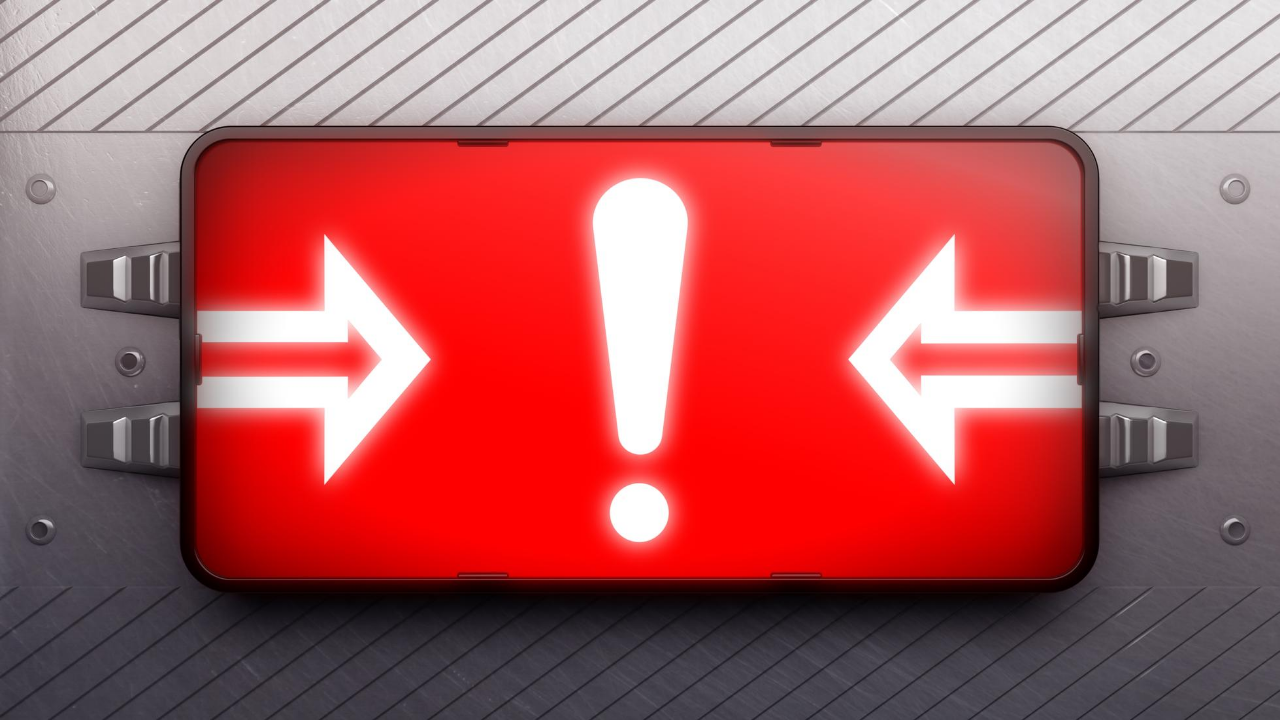The Attention Economy

The Attention Economy
Apparently Herbert A. Simon is thought to be the first person to write about the attention economy, when in 1969 he wrote:
- “Now when we speak of an information-rich world, we may expect, analogically, that the wealth of information means a dearth of something else — a scarcity of whatever it is that information consumes. What information consumes is rather obvious: it consumes the attention of its recipients. Hence a wealth of information creates a poverty of attention, and a need to allocate that attention efficiently among the overabundance of information sources that might consume it.”
We live in a world where there is a wealth of information, which created a poverty of attention. Facebook, Google, CNN, Fox News, Instagram and others all compete for your attention (so they can sell it to others) and email, Netflix, and television can take up hours of your time. Add in time devoted to work demands, parenting, friendships, etc. and you might not have much time or energy left. Who has time to stay healthy?
Design vs. Default
The main point for today is that the world has changed, and is changing rapidly even now, and not all of these changes are good for your health. Activity is down, screen time is up, portion sizes are large, and added sugar is everywhere. Perhaps a prophetic view of the future comes from this scene from Pixar's movie Wall-E.
You have a choice to let these changes sweep you along with them, or you can be intentional about deciding how you want to live, and take steps to shape your life around your desired design. Of course you can't be in complete control all the time. But you can have influence. Let me give you 2 examples:
- Raking Leaves. You can burn 200-300 calories raking leaves for an hour. When you bought that leaf blower, or maybe hired that task out and surfed the net instead, your energy expenditure and muscle usage for the day went down. If you make 3 changes like this per week, and don't reduce your food intake, this will be enough to add 10 pounds to your waistline by the end of one year. Making a decision to increase movement and decrease sedentary time can have a big impact over time.
- Nighttime Email. Now for a personal example. We know that sleep is important, and insufficient sleep can lead to multiple adverse effects like weight gain, poor memory, decreased mood, and increased blood pressure. Yet for some crazy reason I often have this urge to check my email before I go to bed. Why? I suppose I am drawn to that little burst of dopamine I receive when I open email that makes me wonder, "Could there be anything good that's come in?" Unfortunately my phone makes it really easy to take a "quick look." However, my experience tells me that checking email at bedtime is a terrible habit. There is almost never anything good, and sometimes there is a problem identified. I can't do anything productive to solve that problem as I go to bed, all I can do is worry or ruminate about it instead of falling asleep. I've had to take steps to make sure I don't check email at bedtime in order to prioritize good sleep.*
Are you going to design your life, or will you just accept the default?
This week
Where do you focus your attention? Are you conscious of all the forces vying for your attention, and do you intentionally implement strategies to control where you attention goes? Could you pick one thing this week that you feel takes up too much of your attention and try a new strategy to reduce its influence on your life?
Me? I'm not checking email at bedtime.
Cheers,
Dr. Topher Fox
*No phone in the bedroom unless I'm on call, no email alerts or badges on phone, generally phone put away by 8 pm, awareness to pause when I pick up phone at night to ask, "'What are you doing? " and put it back down if email is the temptation.